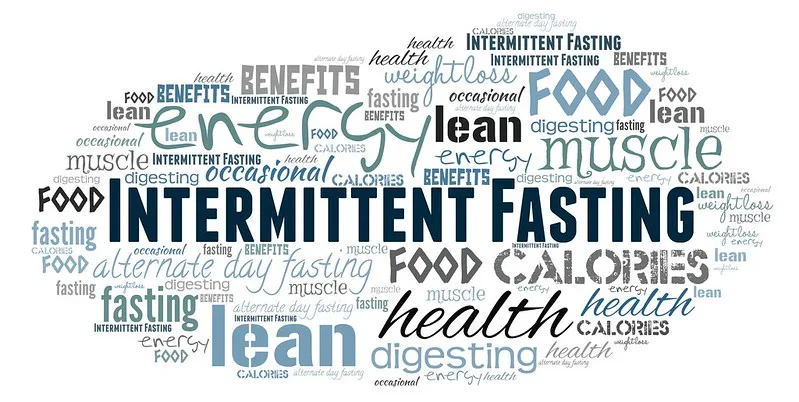Are you curious about the benefits of intermittent fasting for improving your health and achieving weight loss? In this blog, we will provide a comprehensive overview of intermittent fasting, addressing common questions and concerns while exploring its effectiveness, safety, and suitability for different individuals.
What is Intermittent Fasting?
Instead of being a diet in the conventional sense, intermittent fasting (IF) is a way of eating that alternates between times when you eat and when you fast. Intermittent fasting concentrates on when to eat, as opposed to traditional diets that specify what meals to eat.
Is Intermittent Fasting Healthy?
Intermittent fasting offers more health benefits than just aiding weight loss. According to research, it can improve brain function, reduce inflammation, increase lifespan, and enhance metabolic health.
However, it is important to approach intermittent fasting with caution, especially if you have underlying medical conditions or specific dietary requirements. It is advisable to consult a medical professional or qualified nutritionist before starting an intermittent fasting routine.
Is Intermittent Fasting Good for Weight Loss?
Intermittent fasting has proven to be a successful weight-loss method for many people.
It works by creating a calorie deficit through reduced calorie intake and increased fat burning during fasting periods.
However, the effectiveness of intermittent fasting also depends on other factors such as individual metabolism, physical activity level, and overall diet quality.

Is Intermittent Fasting Good for Diabetics?

Intermittent fasting can offer several benefits to individuals with diabetes, such as improved insulin sensitivity and regulation of blood sugar levels.
However, it is crucial for diabetics to regularly monitor their blood sugar levels and work alongside medical professionals to adjust their medication or insulin dosage as needed.
Intermittent fasting is a hopeful cure for metabolic syndrome and type 2 diabetes, as it reduces insulin resistance and enhances insulin sensitivity.
However, people may have different reactions to fasting, so it’s necessary to monitor blood sugar levels and seek medical experts’ guidance for personalized recommendations.
Is Intermittent Fasting Healthy for Women?
Although many women find intermittent fasting to be safe and helpful, it’s important to take into account individual characteristics including hormone balance, reproductive health, and general well-being. Personalized counsel is advised because certain fasting programs may cause hormone imbalances or other negative effects in some women.
Is Intermittent Fasting Sustainable?
Sustainability is a crucial aspect of any diet or lifestyle plan. Intermittent fasting is found to be sustainable by many people, especially when combined with a healthy and well-balanced diet, regular exercise, and sufficient water intake. To improve long-term adherence, you can try different fasting patterns and determine which one works best for you.
Intermittent fasting is a popular and effective way to improve metabolic function, promote weight loss, and enhance overall health. However, it is crucial to approach intermittent fasting with caution and take into account individual needs, preferences, and health conditions.
To ensure safety and effectiveness, it is essential to consult with medical professionals or registered dietitians before starting an intermittent fasting routine. Experiment with different fasting methods and listen to your body’s signals to discover what works best for you. When combined with personalized techniques and appropriate guidance, intermittent fasting has the potential to improve your overall health and well-being in a sustainable manner.
Always keep in mind that moderation, balance, and persistence are the key elements for successful intermittent fasting.
(Disclaimer: This article
contains affiliate links so If you decide to make a purchase through these
links, we may earn a commission.)

